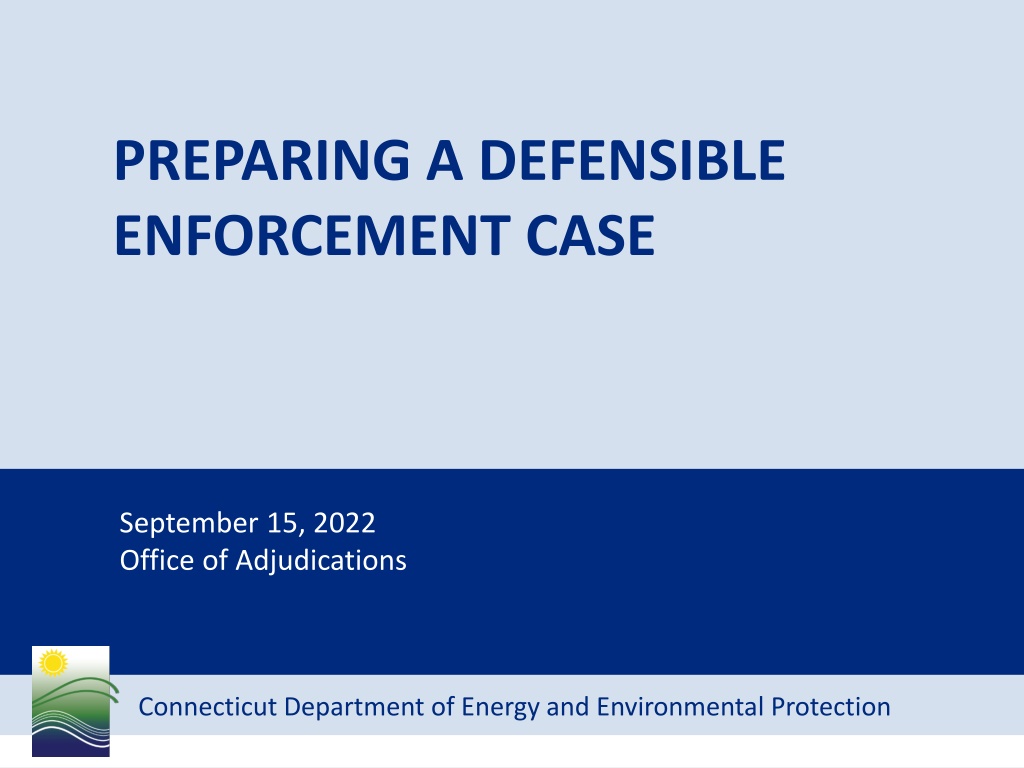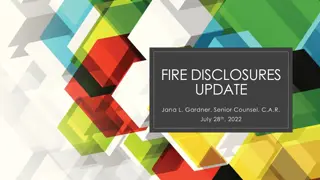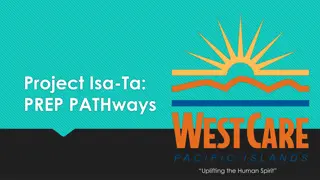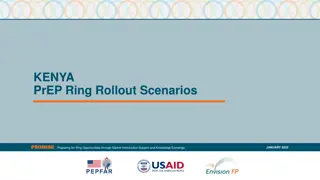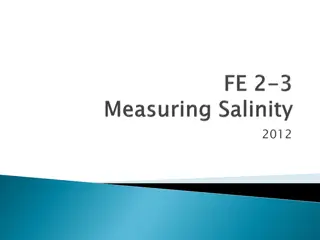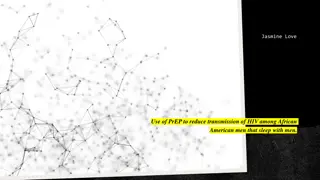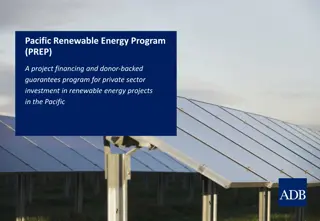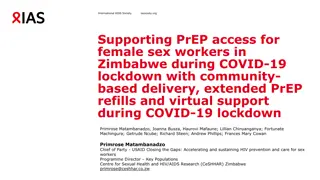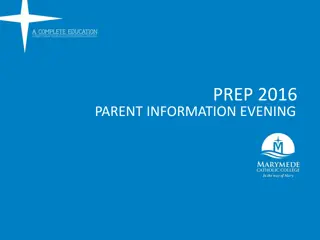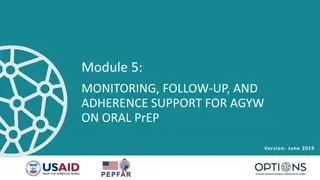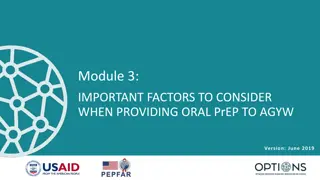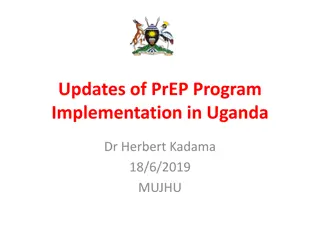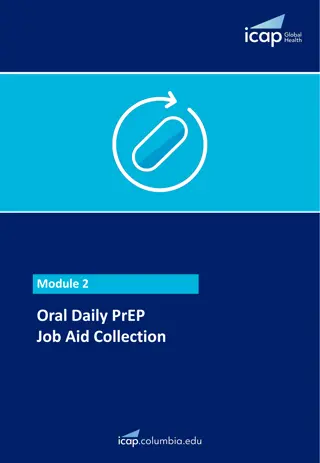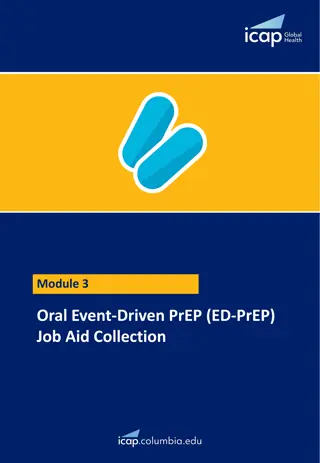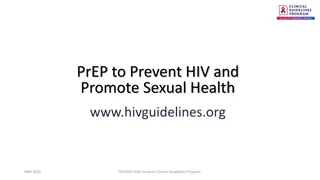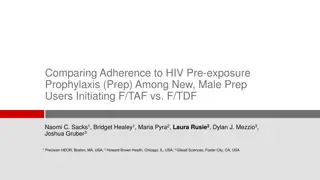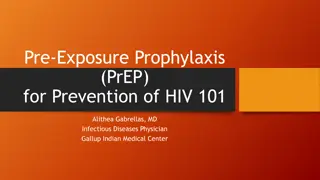Guide to Building a Defensible Enforcement Case
Learn the key steps to prepare a strong enforcement case, including documentation, legal considerations, and the right to appeal. Understand the importance of thorough investigation, regulatory compliance, and involving legal expertise early on to ensure a sound decision. Explore the process of requesting a hearing and contesting orders in accordance with applicable statutes and regulations.
- Enforcement case preparation
- Regulatory compliance
- Legal considerations
- Hearing procedures
- Appeal rights
Download Presentation

Please find below an Image/Link to download the presentation.
The content on the website is provided AS IS for your information and personal use only. It may not be sold, licensed, or shared on other websites without obtaining consent from the author. Download presentation by click this link. If you encounter any issues during the download, it is possible that the publisher has removed the file from their server.
E N D
Presentation Transcript
PREPARING A DEFENSIBLE ENFORCEMENT CASE September 15, 2022 Office of Adjudications Connecticut Department of Energy and Environmental Protection
Todays Discussion We re the hearing officers, not counsel What we think makes a strong case so we can prepare a sound decision Preparation for a Possible Appeal Treat every order as if it could be appealed Before the Order Preparation of a Defensible Order Proving the Elements of an Order Actions before a Hearing Preparation of your files, your documentary support Pre-Hearing prep PHX Hearing prep Presenting DEEP s case Being a W; offering experts Questions, discussion, interaction
Before Preparing the Order Make sure investigation is documented properly and thoroughly Review own emails, memos, etc., make sure you are on solid ground, be aware that anything in email, internal memos, can be discovered, and become an exhibit Make sure DEEP has the regulatory authority to take the action and that the statutes/regulations support the current position Make sure law on your side - sometimes the right thing /common sense approach and the language of the statute conflict or not the same thing. Check in with legal and get legal involved early on.
Right to Appeal General Statutes 22a-6(e) Whenever the commissioner issues an order to enforce any statute, regulation, permit or order administered or issued by him, any person or municipality aggrieved by such order may, except as otherwise provided by law, request a hearing before the commissioner within thirty days from the date such order is sent. Such hearing shall be conducted in accordance with the procedures provided by chapter 54. Others, e.g., 22a-436, (order to abate water pollution) Rules of Practice, RCSA 22a-2a-6(i)(1) Whenever any statute, regulation, or order provides for the filing of an answer or request for hearing with respect to an order, the answer or request for hearing shall be filed with the Office of Adjudications within the time prescribed by the applicable statute; and if not prescribed therein, by an applicable regulation other than this section; and if not prescribed therein, by the order; and if not prescribed therein, within thirty days of issuance of the order. The respondent shall attach to the answer a copy of the order. Answer and Request for Hearing must state specifically any findings to which the Respondent objects and any other grounds for contesting the order.... Hrg officer may require, or any party may file (incl DEEP), motion requesting more particular statement from Respondent.
If there is an appeal ... DEEP has Burden of Proof must present sufficient evidence to support the elements of the order. 1.Burden of persuasion preponderance of substantial evidence to persuade. 2. Duty to produce evidence show enough facts on an issue sufficient to support a decision. Must create an administrative record (documents and testimony) that will support the order. Hearing Officer makes decision based on evidence presented (the record), not on what you might think she knows or should know. (The Gold Star Bridge exists v. There are no wetlands of value at base of Gold Star Bridge) Do not assume facts in the record - Need evidence to connect the dots and a clear chain of events/evidence. Even if something is a common practice for DEEP, a HO cannot assume a common practice was followed in a certain case, unless evidence proves that.
Proving the Elements of an Order Needs to clearly be an order (v. letter, memo, etc.) Served on the right Respondent States the Elements of a Violation: Example, CGS 22a-432: If the Commissioner finds that any person has established a facility or created a condition or is maintaining any facility or condition which reasonably can be expected to create a source of pollution to the waters of the state DEEP must present specific evidence on each of these elements... Person ID respondent Established a facility or created or is maintaining any facility or condition Which reasonably can be expected to create a source of pollution to the waters of the state Plus any ancillary issues, defenses, questions Hearing officer must be persuaded by more of staff s evidence than respondent s defense
Preparing the File Files (hard copies or electronic), with everything in it, could be part of discovery, even if protected under FOIA - including all emails or notes (even personal notes to other staffers) Document, document, document Decisions, actions, reactions, responses, evidence Again, treat every case as if it could go to a hearing Value of journaling....your own notes.
Before the Hearing - Pre-Hrg Prep Thoroughly review the Order being appealed Recheck facts alleged about Respondent(s) and Violation(s) Name(s) and address(es) Proper ID, service? History of noncompliance Accurate, supported? Check statutes and regulations governing case Review all documents in file relating to case Evaluate documents in the record that could work against DEEP Especially if they are discovered On basis of governing statutes and regs, determine if facts alleged in Order will prove the alleged violations Decide what evidence(documents and testimony) DEEP will offer to prove each element of the order
Discovery? Requests for Production of Documents Limited to request and review of identified documents Broader than relevant evidence standard DEEP need to request? Purpose - prepare for hearing by providing information that could be essential to the issues to be decided at hearing, avoids surprises, narrows issues, promotes settlement. Parties and intervenors may request discovery Discovery v. file review VOLUNTARY efforts essential Get help! Objections
Pre-Hrg Prep - PROPOSED EXHIBITS YES Generally, all documents and materials that were relied on for order -Reports -Correspondence, memos -Field notes -Maps, charts, photos -Discovered documents -Pre-filed testimony NO Documents and materials not relied on for order Also -Privileged documents -deliberative process -Materials and information readily available to others, including hrg officer --Admin notice taken of statutes, regulations, guidance docs but, policies/procedures, SOPs cannot be used as legal justification
Proposed Witnesses - Who and Why Decision-makers Staff Cmsnr, deputies Testimony Investigators, fact-finders Record-keepers, record-builders (who developed the record) Experts (staff and contractors) expert opinions = evidence If qualified in field = expert Subject of violation Remedies Investigators Fact finders Key role in decisions Fact witnesses Staff responsible for file
Pre-Hearing Develop your direct case Review Respondent s proposed exhibits and witnesses Esp. pre-filed testimony To extent possible, prepare cross examination Strategy ready to go
TOOLS Intranet Enforcement Desk Reference www.ct.gov/deep/adjudications The Hearing Process Policies, Procedures and Guidelines Mediation Forms and Samples Docket Decisions Calendar
QUESTIONS? Next Session Pre-Hearing Prep and Procedures Sept 29
